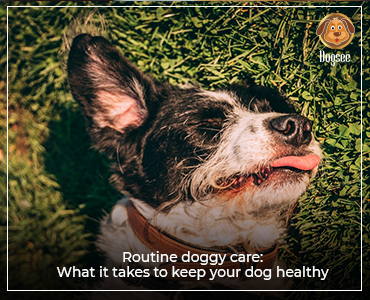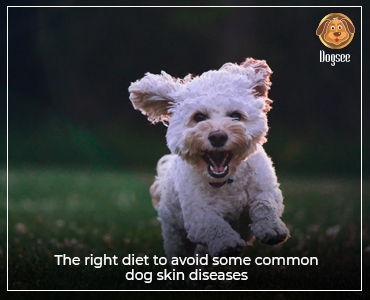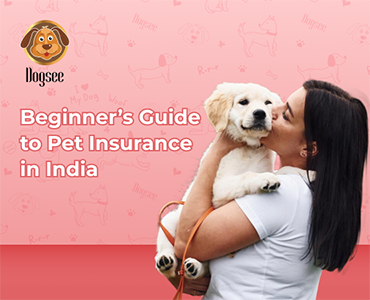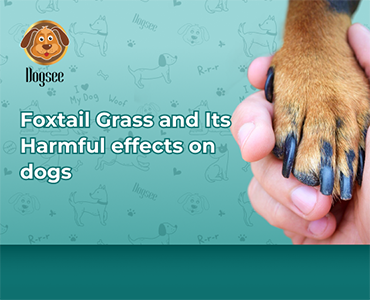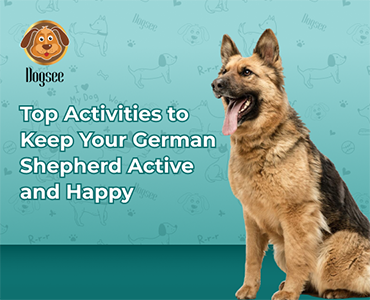
One of the most difficult things about having a dog is watching it age from a playful puppy to a sleepy senior within the relatively short time span of a decade. As they grow older, they are filled with emotions but lack the ability to express them. If they could talk there are many things that senior dog would want to tell you.
Five things your senior dog would want to tell you
“I’m afraid that you will abandon me for another dog”
The most common sign of aging in dogs is increased anxiety. The stress created in a senior dog’s mind by wondering if he would be separated from his beloved owner and be replaced by a new, younger dog can create a lot of trouble.
Separation anxiety budgets into his mind, making him afraid of interacting with other dogs and having a social life. Your paw partner requires you to be assured of his worth in your life.
Taking him on long walks, car rides around town, or simply playing with him and stimulating his mind will help relieve all the unwanted tension that has piled up.
Give your pooch all your love and affection and wipe away all unwanted thoughts.
If you still notice any more anxious or aggressive behavior, visit your vet immediately and make sure your dog gets a full examination and confirms that there isn’t any pressing medical issue.
“Ouch! My joints hurt”
Arthritis and joint pain are the most common problems faced by old dogs. Whether it’s an old injury that begins to flare up more often or arthritis that continues to worsen, joint pain can cause a lot of distress for an older dog, from difficulty getting into the car or down the stairs to not being able to move around in cold weather.
To stave off joint issues for as long as possible, it’s a great idea to give your dog joint supplements as well as make them exercise the right way, starting early, even as young as a couple of years of age.
By providing ramps in place of stairs, taking them on frequent walks, and also providing opportunities to swim, you can make your senior dog's life much simpler and easier.
Let him have ample rest and also try to replace his shelter with an orthopedic bed.
“My vision is blurry”
Just like humans, old dogs also lose their vision as they transition into old age.
At first, it might seem to you like your pooch is ignoring you, but in reality, it is your dog’s severe loss of vision that is making him unresponsive. Your dog turns defensive and aggressive as he is unable to identify people around him. Your dog may become more clumsy or easily startled, have a hard time finding its food or water dishes, and may not want to move around as much.
Keep your dog’s surroundings away from any possible obstacle or potential danger.
Also Read: 15 Things That Can Make Life Easier For Elderly Dogs
Hearing loss also contributes to the signs of aging in your senior dog. You can help your dog get through this tough phase, by teaching him hand signals and training him to use different scents. Many dogs who are hard of hearing can still detect vibrations, so you can get your dog's attention by using hand claps or knocking on a hard surface.
“I’m all ears for you”
Most importantly, your dog wants to let you know you are his best friend and most favorite person.
Dogs are the most grateful beings on the planet who continue to love their owners with all their might, even during their last breath. Your dog will always stick with you throughout your life's decisions, moments, and events regardless of good or bad.
Your old dog’s embrace will comfort you and will make all your troubles wither away.
“Don’t overfeed me. My stamina isn’t sufficient for workouts”
Obesity is a major concern for older dogs, as it can lead to a ton of other health problems, from joint pain and breathlessness to heart issues.
The reason older dogs tend to become obese is not only because they're less active, but also because their general caloric needs shift. When humans age, our metabolism slows down, and we need less food to maintain a consistent weight. It’s the same with dogs. Though they may act just as hungry and treat-crazed as ever, their bodies aren’t burning as many calories, so they gain weight. To help your dog stay active into old age, plan out a balanced, low-calorie, and highly nutritious diet.
Consult your vet, and understand the do’s and dont’s of an old dog’s nutritional intake.
Try to include vegetables in its diet as well as Dogsee Chew’s natural treats for older dogs increase lifespan.
There are many more things to keep an eye out for as your dog ages. Dogsee Chew’s treats for older dogs help to ensure your old pal’s great oral health and help to avoid gum disease as well as fight bad breath.
Look out for other common issues of aging, from liver disease to diabetes to more difficulty fighting off illnesses. Though it may sound like a lot of work to care for your dog as he hits his senior years, such devotion has its own special rewards, including knowing that you’ve done everything you can for a companion that has been dependent on you from day one.
ent on you from day one. HELPFUL0 people found it helpful
HELPFUL0 people found it helpful
Related Blogs
Subscribe to Our Blogs
and never miss on the latest update!








